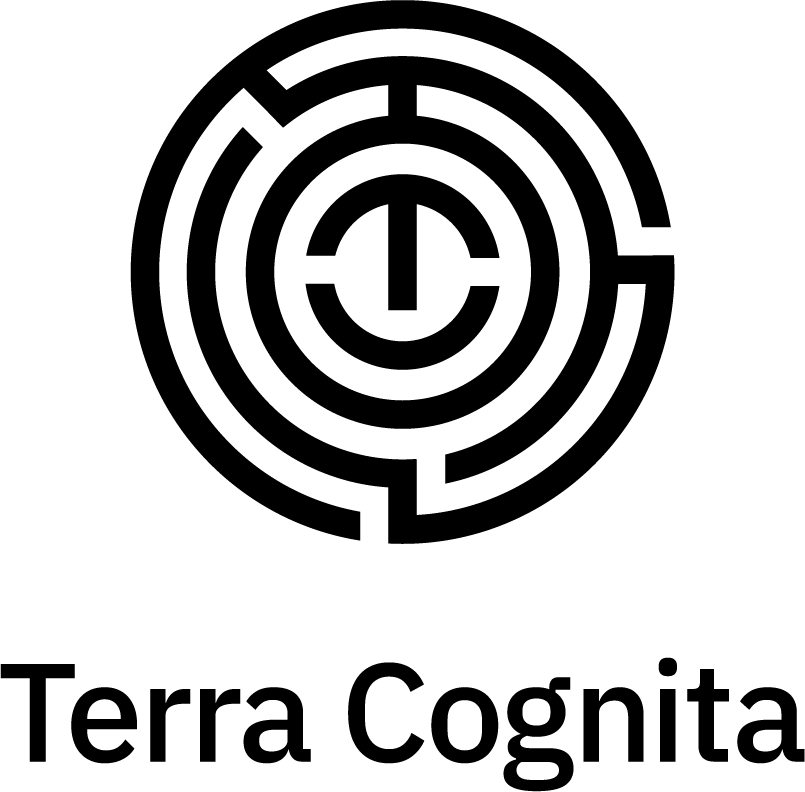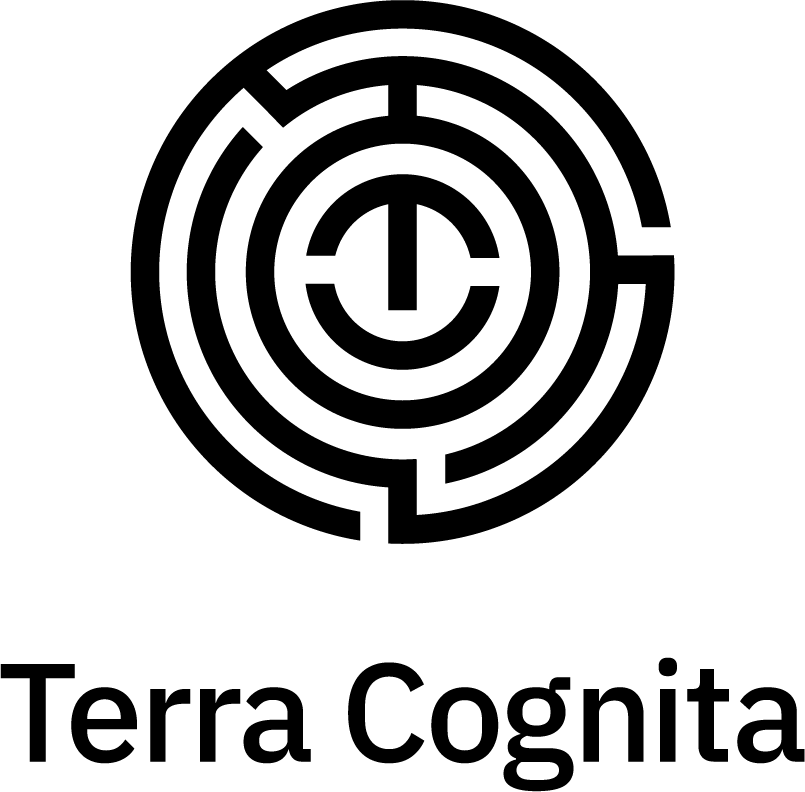Making sense
Information about the human mind is more and more available, but less and less easy to understand. Most of the research done in academia never reaches the people who could benefit from it, and contribute to it.
How can a person living with mental health challenges connect with insights from neuroscience or genetics—and offer their own experience in return? How can citizens of all ages engage with complex topics such as the nature of consciousness, social bounds or creativity?
At Terra Cognita, we work to change that by making sense—both intellectually and through the senses.
We combine philosophy, brain science, and human data to rethink science participation through radically new designs and experiences that are tangible, participatory, and inclusive. We believe that for knowledge to be just, it must not only be available—it must make sense.
Our activities are self-initiated, shaped by strategic partnerships with institutions committed to broadening access, or supported through dedicated funding. And at every step, we train and include new volunteers from all backgrounds, helping them become facilitators of shared understanding.
Because making sense isn’t just a metaphor. It’s how people connect—with ideas, with others, and with the world around them.


